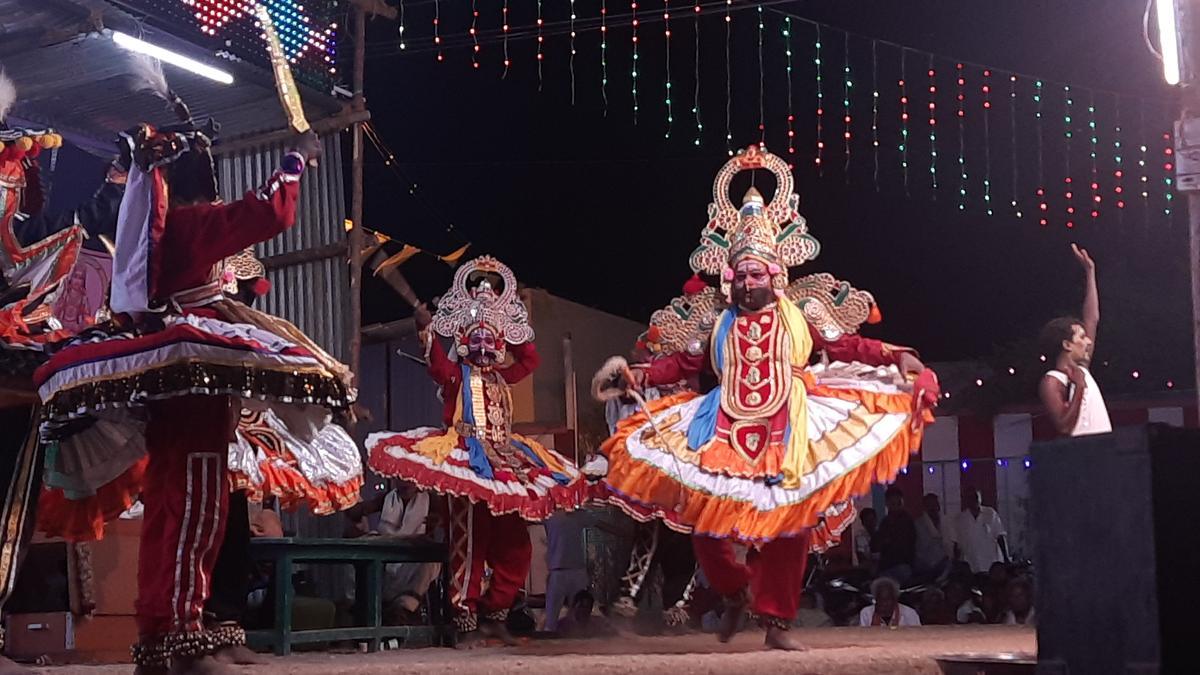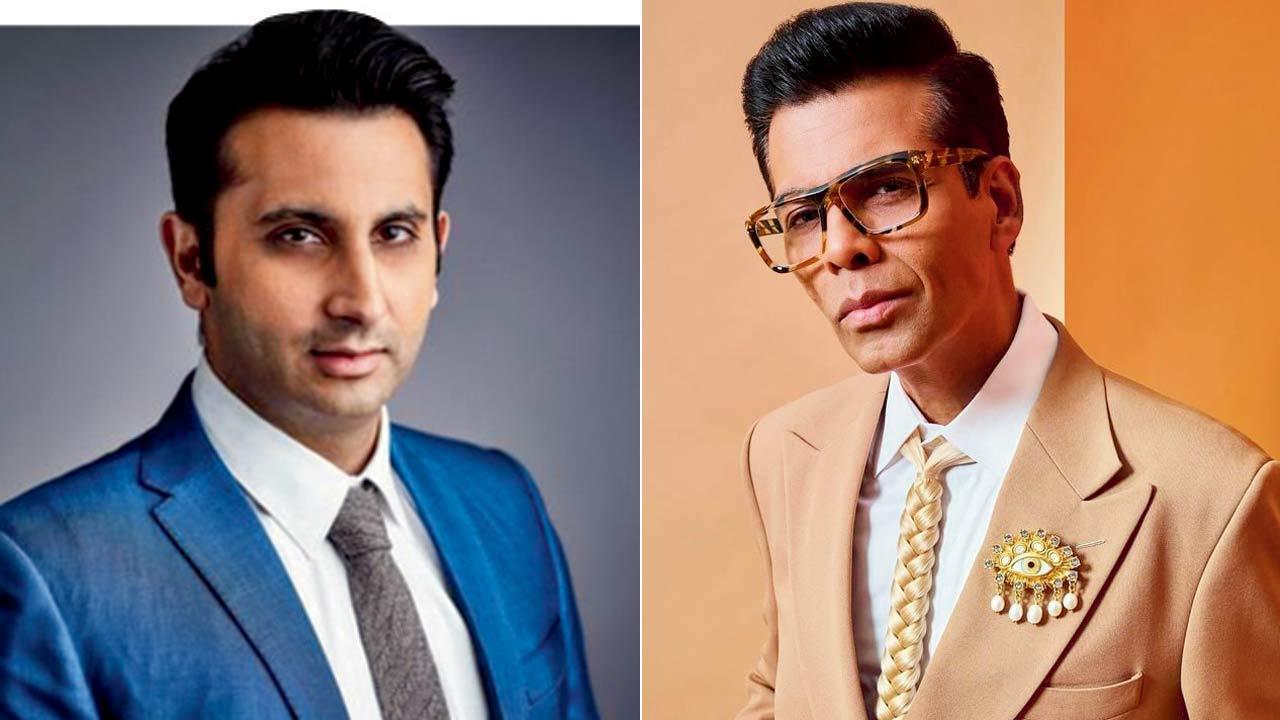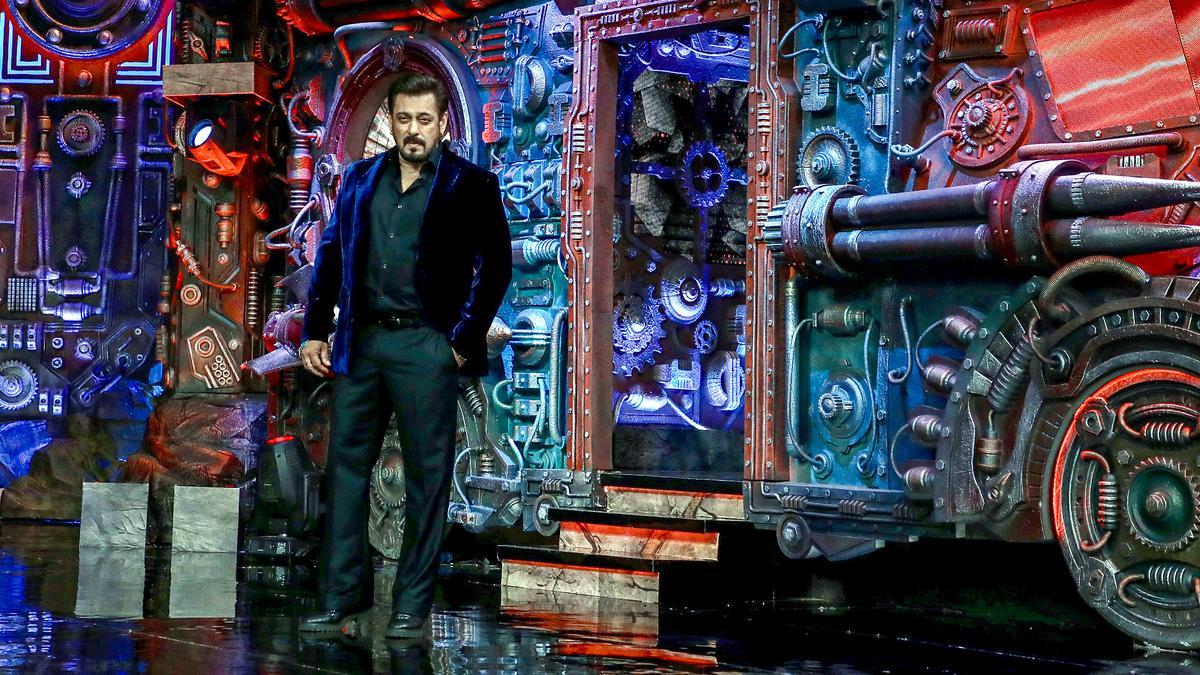
In a remarkable fusion of education and art, Katradi, an initiative launched by the Wind Dancers Trust in India, is pioneering a vital shift in educational paradigms. Founded in 2014 and hailing from Chennai, Katradi’s mission is to spotlight social issues frequently neglected by conventional educational systems. The founder of Katradi, Sangeeta Isvaran, emphasizes their commitment to embracing causes that traditional curriculums often overlook, such as child sex abuse, reproductive health, gender disparities, and caste issues.
Sangeeta explains their guiding principle, “Kalai mulamma kali,” which translates to “art through education.” This philosophy directs all of Katradi’s efforts toward imparting knowledge on topics not typically taught in schools. Their audience is diverse, spanning women, children, and various communities, helping them grapple with pivotal social challenges.
Among the substantial initiatives taken by Katradi is their focus on environmental conservation, approached from a community-driven perspective. Sangeeta underscores the importance of ordinary people’s contribution to preserving the environment, stating, “Our interest lies in conservation but from a community’s perspective on what ordinary people can do about it. We work with projects to bring awareness on a topic and/or find solutions from within the community on how to address it.”
Illustrating this approach, Katradi recently presented “Shhh… Listen!”—a notable theatrical performance commissioned by Bengaluru’s Student Conference for Conservation Science (SCCS) to celebrate its 15th anniversary. Sangeeta collaborated with Thilagavathi Palani, founder of Sri Krishna Kattaikkuttu Khuzu, to amplify awareness about the importance of protecting natural ecosystems. The play was integral to SCCS’s theme for the year, “Wetlands Aren’t Wastelands,” aimed at highlighting the significance and protection of wetlands.
The narrative of “Shhh… Listen!” unfolds through the eyes of frog protagonists residing in a marshland, pitted against a JCB, symbolizing disruptive development and progress. The play also features Yama, the god of truth and balance, reinforcing the message that humans, not death itself, drive much of nature’s destruction by upsetting Earth’s delicate balance. Sangeeta describes the play as weighty yet peppered with humor to make its challenging subject matter accessible.
All musical elements in “Shhh… Listen!” are original, imbued with traditional art forms like kattaikkuttu (rural theatre), oyilattam (folk dance), medai nadagam (stage plays), and Bharatanatyam.
. Such artistic choices ensure both cultural preservation and contemporary relevance. Sangeeta, decked in a black sari alongside Thilagavathi Palani, was a commanding presence as they performed using kattaikkuttu and Bharatanatyam-based storytelling.
Although developed for SCCS, Sangeeta shares aspirations for “Shhh… Listen!” to reach schools, intending to connect children with nature, teaching them that the natural world is not distant but exists even in their immediate surroundings.
Katradi’s operations, while rooted in Chennai and the Ranipet district, have made significant waves beyond India, touching regions like Manipur, France, Mexico, and even among Ukrainian refugees. Their performances aim to educate, empower, and resolve conflicts, drawing from a rich tapestry of folk traditions.
Sangeeta elaborates on the unique nature of kattaikkuttu, emphasizing its distinctiveness from street dance or therekkuttu. This thousand-year-old performing art requires rigorous study and a training period of at least five years. Despite its profound heritage, it struggles for respect due to its origins. Other folk forms, such as parai, with their profound oral and written histories, similarly suffer from not being seen as “classical.”
These performances, Sangeeta asserts, possess remarkable communicative power, capable of conveying messages with a broad range of interpretations. During the pandemic, Katradi reached over 80 villages, dispelling misinformation about vaccines and advocating preventive measures through their art, leveraging kattaikkuttu’s efficacy in demystifying complex concepts.
Katradi also places significant emphasis on diversity within its troupe, featuring a varied ensemble in terms of gender, caste, community, economic status, and ability. Notably, their Bengaluru performance will feature the symbolic arangetram (debut performance) of a quadriplegic in a wheelchair narrating the show in English—a testament to their dedication to inclusivity.
Sangeeta encapsulates the essence of their mission: “Songs and drama are a beautiful way of making information stick in someone’s mind or heart, which is even more important.”
The upcoming staging of “Shhh… Listen!” is scheduled for October 21 at the JN Tata Auditorium, IISc, from 6 to 7 pm. Admission is free, and for more information on Katradi and their initiatives, interested individuals can visit their website at www.katradi.org.










